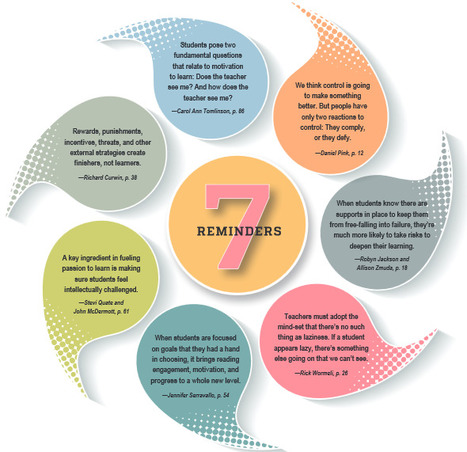The Definition Of Intrinsic Motivation
A decent working definition of intrinsic motivation is “motivation that stems directly from an action rather than a reward.” Dr. Richard Ryan and Edward Deci explain in their Intrinsic and Extrinsic Motivations: Classic Definitions & New Directions.
“Intrinsic motivation is defined as the doing of an activity for its inherent satisfaction rather than for some separable consequence. When intrinsically motivated, a person is moved to act for the fun or challenge entailed rather than because of external products, pressures, or rewards….In Self-Determination Theory, we distinguish between different types of motivation based on the different reason or goals that give rise to an action. The most basic distinction is between intrinsic motivation, which refers to doing something because it is inherently interesting or enjoyable, and extrinsic motivation, which refers to doing something because it leads to a separable outcome. Extrinsic motivation thus contrasts with intrinsic motivation, which refers to doing an activity simply for the enjoyment of the activity itself, rather than its instrumental value.”
Put another way, if a student studies for a test to make a qualifying grade to play for the basketball team, that would be an example of extrinsic motivation. Another example? Studying to “get good grades.” And as you probably know by now, its polar opposite, intrinsic motivation, is the more powerful of the two, though not necessarily more common.
In the following video, Daniel Pink explores the incredible impact of intrinsic motivation on performance, innovation, and the way we learn. While he frames the idea around “business,” he is clearly discussing learning and performance, which is why we’re all here, yes?
Via Sharrock, Tony Meehan, Dean J. Fusto



 Your new post is loading...
Your new post is loading...









As @DanielPink says, this is something which has been proven time and time again and has been written about at least since the early 90s by @alfiekohn. Rewards (or extrinsic motivators) kill the creative instinct or the natural intrinsic motivation we have to learn and to love learning for itself. We have to find what it is that pupils are interested in, awaken a passion in them for learning and work with them from that point. The world we live in now is far less certain but far more exciting. We have no idea what will happen in five, 10, 20 years (as @SirKenRobinson said about 10 years ago) that we need to foster creativity and the capacity to think way, way outside the box. That requires we stop churning out rewards to pupils in the hope that they will be masters of their own learning. How much more proof is needed to demonstrate that rewards don't work? The reward is in the learning. We educators have to make learning rewarding.
In SCHOOLS we need to develop in our learners:
"Autonomy: the urge to direct our own lives
Mastery: the desire to get better and better at something that matters
Purpose: the yearning to do what we do in the service of something larger than ourselves"